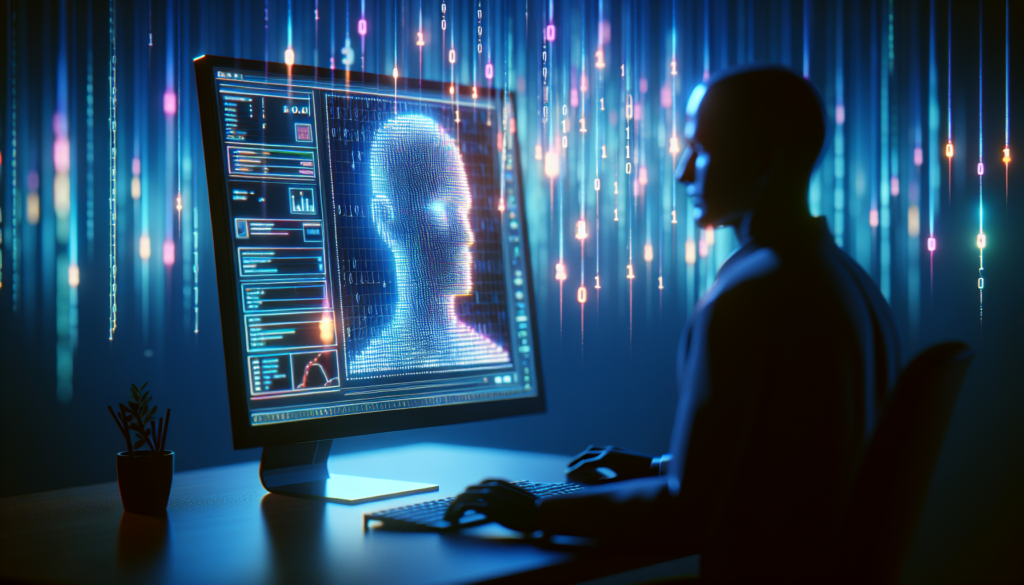Introduction
The rapid evolution of artificial intelligence (AI) has sparked significant discussion regarding its impact on the global job market. Microsoft, a leading technology giant, has conducted an extensive analysis to understand how AI-driven innovations may lead to both job displacement and creation. This article delves into the nuances of this assessment, exploring the transformative potential of AI technologies in various industries while addressing concerns about workforce disruptions.
Understanding Job Displacement
AI’s integration into workplace operations has raised valid concerns about its role in displacing jobs traditionally performed by humans. Automation and machine learning capabilities can streamline tasks that are repetitive, predictable, or data-intensive, potentially leading to a reduction in demand for certain job roles. However, this displacement is not uniform across sectors; industries reliant on manual labor may experience more significant impacts compared to those requiring creative and strategic thinking.
Job Creation through AI
Conversely, the advent of AI also paves the way for new job opportunities. As businesses adopt AI technologies, there is an emerging need for professionals skilled in developing, managing, and maintaining these systems. This includes roles such as AI specialists, data scientists, and machine learning engineers. Furthermore, the integration of AI can lead to the creation of entirely new industries and services that were previously unimaginable.
Reskilling and Upskilling
To mitigate the impact of job displacement, there is a growing emphasis on reskilling and upskilling the current workforce. Microsoft advocates for comprehensive training programs to equip employees with the skills necessary to thrive in an AI-enhanced work environment. This proactive approach not only helps individuals adapt to technological changes but also ensures that businesses can leverage AI effectively.
The Role of Policy and Education
Government policies and educational reforms play a crucial role in managing AI’s impact on employment. By fostering an ecosystem that encourages innovation while protecting workers, policymakers can help balance the benefits and challenges posed by AI. This includes investing in STEM education, promoting lifelong learning initiatives, and creating safety nets for those affected by technological disruptions.
Microsoft’s Commitment to Ethical AI
In its analysis of AI-driven job displacement, Microsoft emphasizes the importance of ethical considerations in deploying AI technologies. The company is committed to ensuring that AI advancements contribute positively to society and do not exacerbate inequalities. This involves transparent practices, accountability measures, and collaboration with stakeholders to address potential biases and ensure fair outcomes.
Conclusion
In conclusion, while AI-driven innovations pose challenges in terms of job displacement, they also offer unprecedented opportunities for job creation and economic growth. Microsoft’s assessment highlights the need for a balanced approach that embraces technological advancements while prioritizing workforce development and ethical practices. For organizations seeking guidance on navigating this transition, SynconAI offers both implementation and consultation services to ensure seamless integration of AI solutions.Learn more about how SynconAI can assist your business.



